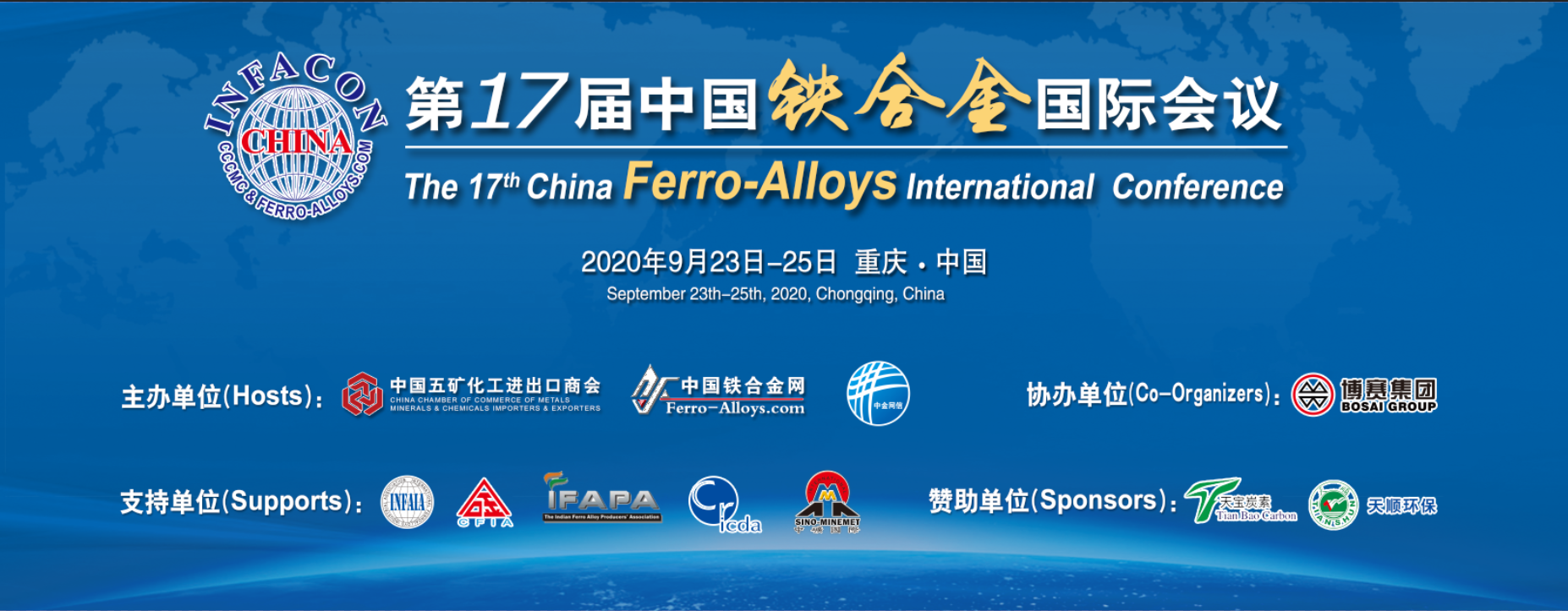[Ferro-Alloys.com] A near-50pc surge in iron ore prices over the past three months has lifted the product's share of Chinese steel costs to an all-time high, with 62pc Fe import prices exceeding coking coal prices for the first time.
"The Australian coking coal price has fallen below the imported iron ore price. This is the first time we have ever seen that," a Beijing-based mill iron ore trader said. "Australian coking coal demand is hindered by the import quota."
China is less dependent on coking coal imports than iron ore, and a growing surplus of seaborne supply has further weighed down coal prices, the trader said.
Iron ore's share of the cost of making a tonne of steel has risen to the highest level since Argus began iron ore assessments in 2013. Iron ore yesterday accounted for 61.4pc of the ferrous feedstock costs for a basic oxygen furnace (BOF) using a 15pc scrap charge, exceeding the previous high in July 2013. Each tonne of pig iron requires 1.6t of iron ore.
"Iron ore costs have now become the biggest part of producing steel," a Hebei-based steel mill manager said.
The cost of iron ore was similar to met coke per tonne of pig iron when iron ore futures were around Yn600/t in late April, but iron ore prices have increased more quickly than met coke, said the manager, who uses a ratio of 1.5-2t iron ore and 0.4-0.6t met coke for 1t of pig iron.
A 58pc increase in China's seaborne coking coal imports in January-June supported spot prices in the first half of this year, but that support has disappeared with 2020 import quotas nearly exhausted and cargo arrivals backing up at ports.
The restrictions on coking coal imports have boosted prices of domestic metallurgical coke, which in turn has brought changes to mills' iron ore blending ratios in the blast furnace, a north China mill iron ore buyer said. Mills prefer sinter fines over lump to maximise productivity, exacerbating the shortage of mainstream fines in the spot market.
Mills have pushed back against met coke price increases recently, but whatever savings the mills have gained on met coke have been eaten up by the increase in iron ore prices, a met coke analyst said.
Iron ore price gains have outpaced the 27pc rise in domestic hot-rolled coil (HRC) prices, which have been sent higher by a strong rebound in demand from the construction and manufacturing sectors.
Chinese mills' profit margins have been squeezed by the iron ore prices, forcing many to change their steel products sales structure this year to higher-end products, a north China mill manager said.
The hardest hit product has been rebar, with profit margins in Tangshan narrowing to Yn100/t from Yn150/t in July, a north China steel trader said. But some HRC producers can maintain profits as high as Yn400/t because ex-works prices have increased to cover the higher costs of raw materials.
Source: Argus
********************************
Welcome to
The 17th China Ferro-Alloys International Conference
September 23-25 Chongqing, China

Copyright © 2013 Ferro-Alloys.Com. All Rights Reserved. Without permission, any unit and individual shall not copy or reprint!
- [Editor:kangmingfei]



 Save
Save Print
Print Daily News
Daily News Research
Research Magazine
Magazine Company Database
Company Database Customized Database
Customized Database Conferences
Conferences Advertisement
Advertisement Trade
Trade














Tell Us What You Think